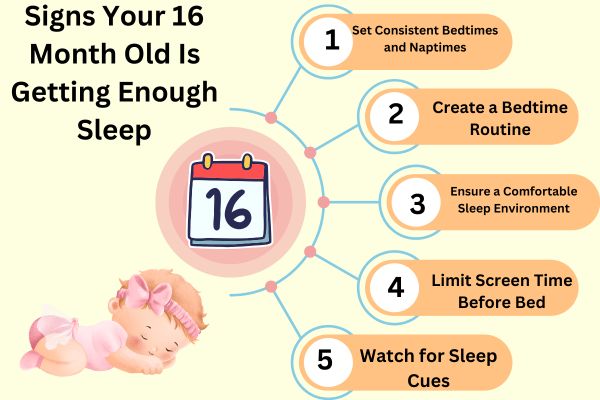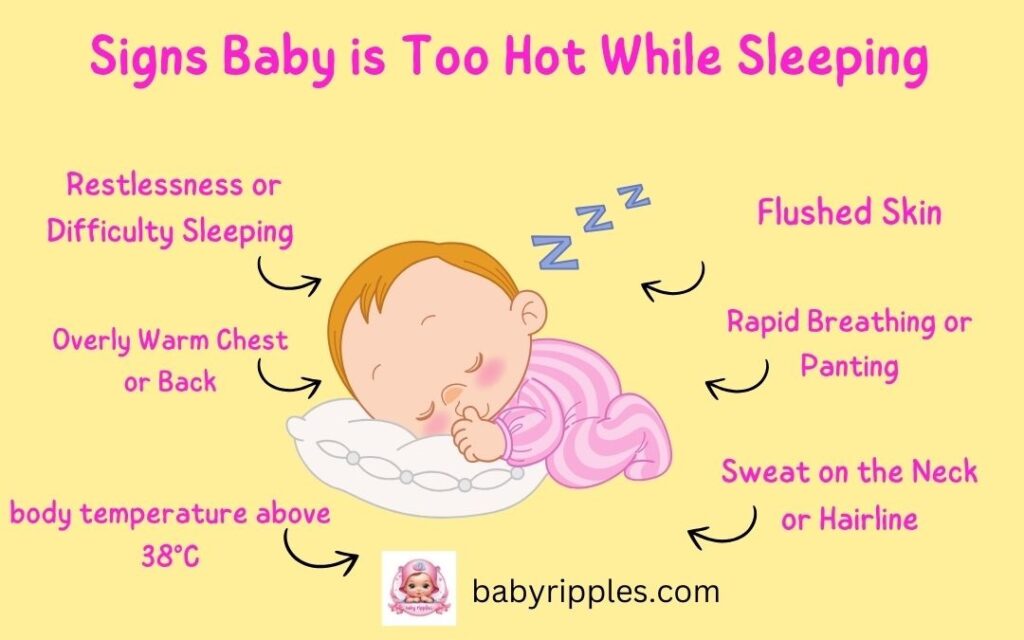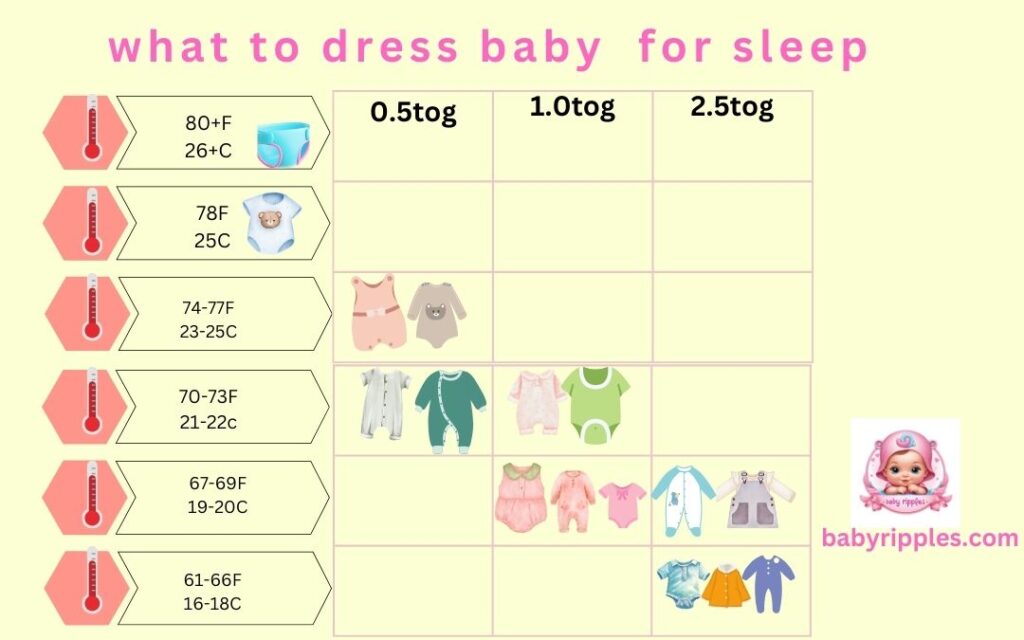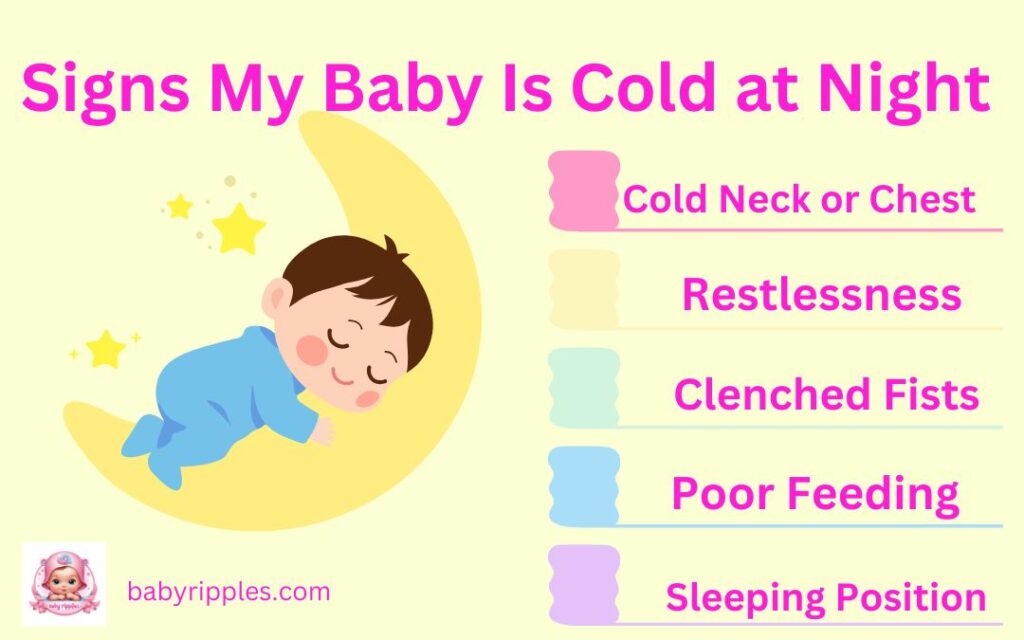“How much should 16 month-old sleep?” is frequently asked by parents. Your toddler’s sleep demands change at this age as they move from infancy to toddlerhood. While some people may have converted to taking just one nap, others may still take two. Your child’s growth, brain development, and emotional health all depend on getting enough sleep. To establish the ideal balance for your toddler’s demands, pay attention to their cues.
You may want to read this: How to Get Newborn to Sleep in Bassinet
- How Much Sleep Should a 16 Month Old Get?
- Why Sleep Is Important for a 16 Month Old Baby
- What Affects Sleep Needs for a 16 Month Old?
- Signs Your 16 Month Old Is Getting Enough Sleep
- How to Create a Sleep Schedule for Your 16 Month Old
- Common Sleep Challenges and How to Address Them
- When to Seek Help from a Pediatrician
- 16 Month Old Nap Schedule
- What If My 16 Month Old Doesn’t Sleep Enough?
- Tips for Ensuring Your 16 Month Old Gets Enough Sleep
- FAQs About How Much Should 16 Month Old Sleep
How Much Sleep Should a 16 Month Old Get?

On average, a 16 month-old needs about 12 to 14 hours of sleep in a 24-hour period. This sleep is usually broken into two parts: nighttime sleep and daytime naps. However, the amount of sleep can vary depending on your child’s unique needs and energy levels.
Below is a table that provides a breakdown of the ideal sleep duration for a 16 month old:
| Sleep Type | Recommended Duration | Notes |
| Nighttime Sleep | 11 to 12 hours | Most toddlers at this age sleep through the night, with occasional wake-ups. |
| Daytime Nap(s) | 1.5 to 3 hours | Some toddlers take one nap, while others need two shorter naps. |
| Total Sleep | 12 to 14 hours | This includes both nighttime sleep and daytime naps. |
Nighttime Sleep for a 16 Month Old
Although a 16 month old will probably sleep through the majority of the night, it’s still crucial to make sure they’re receiving enough sleep. At this age, a lot of toddlers sleep for 11 to 12 hours every night. Some newborns, on the other hand, could wake up in the middle of the night and want comfort or assurance to go back to sleep. Although this is quite typical at this point, it can be beneficial to establish a regular sleep routine.
Daytime Sleep: How Much Sleep Should My 16 Month Old Have?
16-month-old babies often take one or two naps during the day. In the event that your toddler continues to take two naps, the first one usually takes place in the morning and lasts one to one and a half hours, while the second one usually takes place in the afternoon and lasts between thirty and an hour. Your toddler may take one lengthier nap, lasting anywhere from one and a half to two hours, if they have skipped the second one.
Sleep Requirements Can Vary
Since each child is different, their sleep requirements may also differ. Naturally, some toddlers may need more or less sleep than others. To ascertain whether your child is receiving adequate sleep, it is crucial to monitor their mood, energy levels, and general well-being.
Why Sleep Is Important for a 16 Month Old Baby
Sleep is incredibly important for your toddler’s physical and mental development. During sleep, the body grows, repairs itself, and processes the experiences of the day. For a 16 month old baby, sufficient sleep promotes:
Brain Development:
Sleep helps with cognitive development and memory. During deep sleep, the brain processes information, forms connections, and strengthens learning.
Physical Growth:
Growth hormones are released during deep sleep, contributing to the physical growth of your baby’s body and muscles.
Emotional Regulation:
Adequate sleep helps your toddler regulate their emotions. A well-rested child is more likely to have a positive mood, show resilience, and have better social interactions.
Immune System Strength:
Sleep boosts your toddler’s immune system, helping them fight off infections and illnesses.
What Affects Sleep Needs for a 16 Month Old?

Although the general recommendation is 12 to 14 hours of sleep in total, some toddlers may need more or less. Here are some factors that can influence your toddler’s sleep needs:
Physical Activity:
Toddlers who are more active during the day might need longer naps or an earlier bedtime to compensate for the energy they expend.
Health and Growth:
If your toddler is experiencing growth spurts, teething, or fighting off an illness, they might sleep more than usual.
Temperament and Personality:
Some children simply need more sleep than others. Pay attention to your toddler’s behavior, mood, and energy levels to gauge if they are getting enough rest.
Signs Your 16 Month Old Is Getting Enough Sleep

When your toddler is well-rested, they will typically exhibit these signs:
Happy and Alert:
A well-rested toddler is active, alert, and curious about the world around them.
Good Mood:
They are generally in a good mood, less irritable, and more cooperative.
Consistent Behavior:
Their behavior is more predictable, and they are able to concentrate and play without becoming overly fussy.
Healthy Growth:
Your toddler will be growing and developing at a healthy pace, both physically and cognitively.
How to Create a Sleep Schedule for Your 16 Month Old
Establishing a regular sleep schedule for a 16-month-old is key to ensuring they get enough rest. Here are some steps to help create a routine:
Set Consistent Bedtimes and Naptimes:
Consistency helps regulate your toddler’s internal clock. Try to put your child to bed and wake them up at the same time every day.
Create a Bedtime Routine:
A calming routine before bed can signal to your toddler that it’s time to wind down. Activities like reading a book, dimming the lights, and taking a warm bath can help.
Ensure a Comfortable Sleep Environment:
Make sure the room is quiet, dark, and cool. Consider using a white noise machine if your child is sensitive to sounds.
Limit Screen Time Before Bed:
Avoid screens (like TV or smartphones) at least an hour before bedtime to help your toddler unwind naturally.
Watch for Sleep Cues:
Look for signs of tiredness, like rubbing eyes, yawning, or becoming fussy. Putting your toddler to bed when they first show these signs can make it easier for them to fall asleep.
Common Sleep Challenges and How to Address Them
At 16 months old, toddlers might face some sleep challenges. Here are some common issues and solutions:
Waking Up at Night:
If your toddler wakes up during the night, try comforting them with a soothing voice or gentle pat. If it’s a common issue, a consistent bedtime routine can help them feel secure.
Refusing Naps:
If your toddler resists naps, try adjusting their nap time slightly earlier or later. It might take a few tries to find the best nap schedule for your child.
Nightmares or Night Terrors:
If your toddler experiences nightmares or night terrors, comfort them calmly without turning on bright lights. A consistent bedtime routine can also help prevent these disruptions.
When to Seek Help from a Pediatrician
It’s wise to speak with your pediatrician if your youngster is experiencing ongoing sleep issues. They can provide guidance on how to deal with sleep problems or assist in ruling out any underlying medical illnesses.
16 Month Old Nap Schedule
At 16 months old, many toddlers are transitioning to one nap per day. However, some may still need two naps, especially if they are more active during the day. Here is a typical 16-month-old nap schedule:
| Nap Type | Time | Duration |
| Morning Nap | 9:00 AM – 10:00 AM | 1 to 1.5 hours |
| Afternoon Nap | 1:00 PM | 30 minutes to 1 hour |
| One Nap Schedule | 12:30 PM | 1.5 to 2 hours |
What If My 16 Month Old Doesn’t Sleep Enough?
If your toddler isn’t getting enough sleep, it can have a negative impact on their behavior, mood, and development. Signs of sleep deprivation include:
- Increased irritability
- Difficulty concentrating
- Hyperactivity or overly sluggish behavior
- Trouble with motor coordination
- Tantrums or emotional outbursts
If you notice these signs, it might be time to adjust your toddler’s sleep routine. Ensure they’re getting enough sleep and consider factors like their nap schedule and bedtime consistency.
Tips for Ensuring Your 16 Month Old Gets Enough Sleep

- Be Consistent:
Try to stick to regular nap times and bedtime to help regulate your toddler’s internal clock.
- Watch for Sleep Cues:
Keep an eye on signs of tiredness, such as rubbing eyes or yawning. Putting your toddler to bed at the first sign of tiredness can help them fall asleep more easily.
- Avoid Stimulation Before Bed:
Limit exciting activities or screen time close to bedtime, as they can make it harder for your child to wind down.
- Keep the Room Dark and Quiet:
Use blackout curtains and a white noise machine to create a peaceful sleep environment.
FAQs About How Much Should 16 Month Old Sleep
1. How much sleep should a 16 month old get during the day?
16-month-old baby typically needs 1.5 to 3 hours of daytime sleep. This can be split between one or two naps, depending on your toddler’s needs.
2. How much sleep should my 16 month old have at night?
Most 16-month-olds need 11 to 12 hours of nighttime sleep. A consistent bedtime routine can help ensure they sleep soundly through the night.
3. How much sleep should a 16 month old baby get on average?
On average, a 16 month old baby should get between 12 to 14 hours of sleep in a 24-hour period, including both naps and nighttime sleep.
4. What is a typical 16 month old nap schedule?
A typical 16-month-old nap schedule includes either one or two naps, with the morning nap usually occurring around 9:00 AM to 10:00 AM and the afternoon nap around 1:00 PM. If your toddler has dropped the second nap, they may take a longer afternoon nap around 12:30 PM.
5. How do I know if my 16 month old is getting enough sleep?
If your 16-month-old baby is getting enough sleep, they should be active, alert, and happy throughout the day. If they seem irritable or overly tired, it might be time to adjust their sleep routine.





